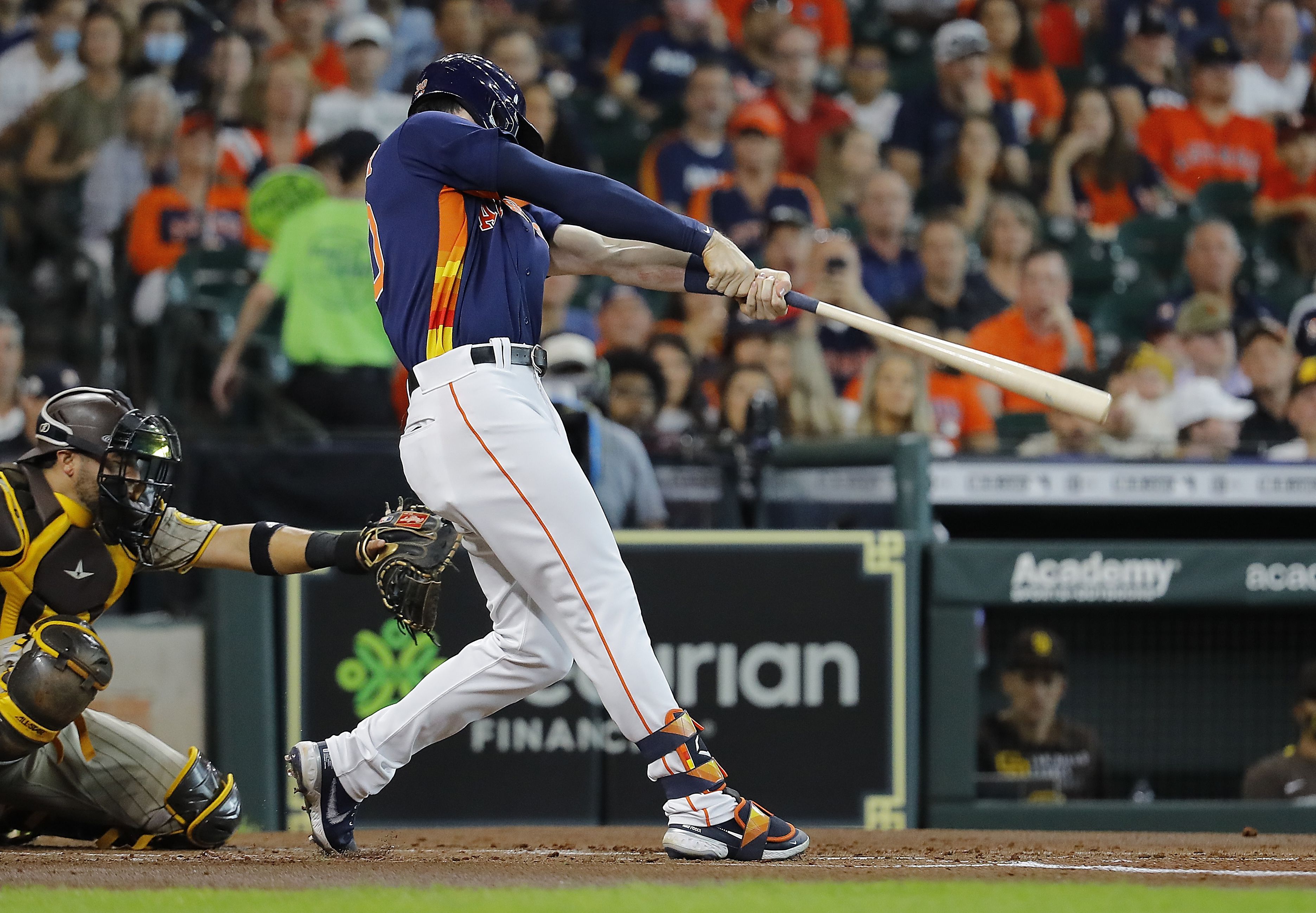In her first TV interview since the Bears announced a multi-billion dollar stadium plan in April, Gin Kilgore, the acting executive director for "Friends of the Parks" (FOTP), calls it a "manufactured emergency."
Criticizing the Bears' urgency as a negotiating tactic employed to put pressure on the city and state to approve plans, Kilgore and the group are promising to push to protect public access to the lakefront.
"We use the analogy of, 'every project gets more expensive over time,' so just because the Bears are concerned about the conditions of Soldier Field, like everyone else, you have to take your time and figure out your plan," Kilgore said.
The preservation group successfully sued to prevent legendary film director George Lucas from building a museum along the lakefront in 2016 and didn't rule out future legal action against the Bears, but said that there are other avenues to explore as well.
"Lawsuits are never the first thing you want to turn to, or even the second thing. We’ll cross that bridge when we get there," said Kilgore. "Even with Lucas, we didn’t lead with a lawsuit. There were many opportunities for problem solving."
Last month, the team shared renderings of what a new, covered stadium would look like - inside and out. The new stadium would be sited just to the south of the team's current home, which was renovated in the early 2000s.
The historic columns from the existing Soldier Field would remain, but the rest of the stadium would be demolished to "improve open spaces for families, fans and the general public to enjoy," according to the team.
Local
"It’s great to have access to the lake and special events," said Kilgore. "But what about having playing fields in neighborhoods so people don’t have to feel they have to leave their neighborhood to have an amenity like that?"
Kilgore expressed frustration about the team's stated urgency to get started on a project requiring significant public investment, and that would profoundly alter the landscape of Chicago's lakefront. That project would include plans to address traffic and parking in multiple phases.
Feeling out of the loop? We'll catch you up on the Chicago news you need to know. Sign up for the weekly> Chicago Catch-Up newsletter.
"There’s a lot of 'trust us, we’ll figure it out.' That’s fine, but it’s why we keep the process slow," said Kilgore. "We’re being told phase one, in terms of public money and infrastructure, is redesigning Lake Shore Drive, which we find somewhat surprising considering that usually major roadway projects take years if not decades to plan.
"Then second and third phases are when amenities, the “other,” comes into play. We have a history in Chicago of promises being broken," Kilgore added.
Kilgore says FOTP would encourage the team to slow down the process, involve stakeholders and scrutinize infrastructure already in place.
"As it stands, [the plan] still feels a little vague, but we always come back to public use. Is this a real public benefit? And, does it fall within our expectations? We not be having this conversation if people hadn’t fought hard to keep private development off the lakefront. That’s what it’s always going to come back to for us," said Kilgore.
As for next steps, Kilgore says FOTP will listen and facilitate public conversation.
"We will always fight for the lakefront, and we will always fight for parks all across Chicago," said Kilgore.



